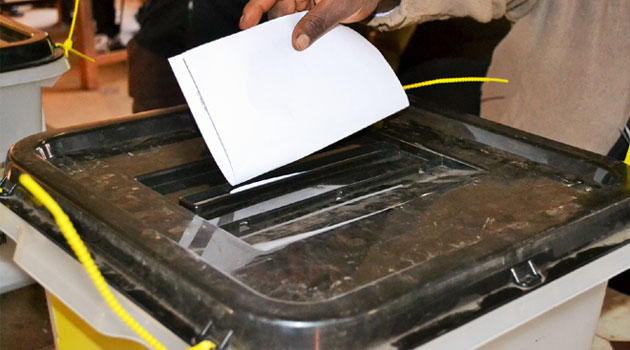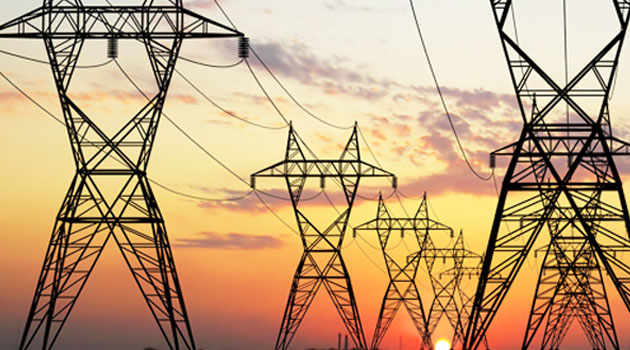
According to the latest report by the Institute of Chartered Accountants in England and Wales, most African countries have a positive economic outlook, apart from those with upcoming elections/FILE
NAIROBI, Kenya, Dec 13 – Election-related uncertainty poses risk to GDP growth forecast for some African economies.
According to the latest report by the Institute of Chartered Accountants in England and Wales, most African countries have a positive economic outlook, apart from those with upcoming elections.
East Africa continues to report the highest GDP growth on the continent even though the region’s economic growth is expected to ease slightly, from 6.8 percent in 2017 to 6.3 percent this year.
Ethiopia reported the highest forecast at 7.8 percent, while the lowest forecast for the region was at -3.8 percent, by war-torn South Sudan.
However, lower growth ranking for some countries in the region demonstrate how large an effect political instability can have on economic prospects.
Kenya’s growth for instance rebounded to 5.4 percent this year after it dropped to 4.9 percent in 2017 due to political uncertainty during last year’s elections.
“Political instability tends to peak around election time for some African nations. This scenario tends to dampen the GDP growth of some countries, since economic growth shares a complex relationship with both elections and accompanying political instability,” Regional Director, ICAEW Middle East, Africa and South Asia Michael Armstrong says.
In West and Central Africa average growth is forecast at 2.5 percent. Ghana’s forecast is expected to expand by a decent 5.2 percent, highlighting a stable economy.
However, this is not so for Africa’s largest economy, Nigeria whose growth is forecast at 1.8 percent. The weak performance can partly be attributed to the upcoming elections in February next year.

































